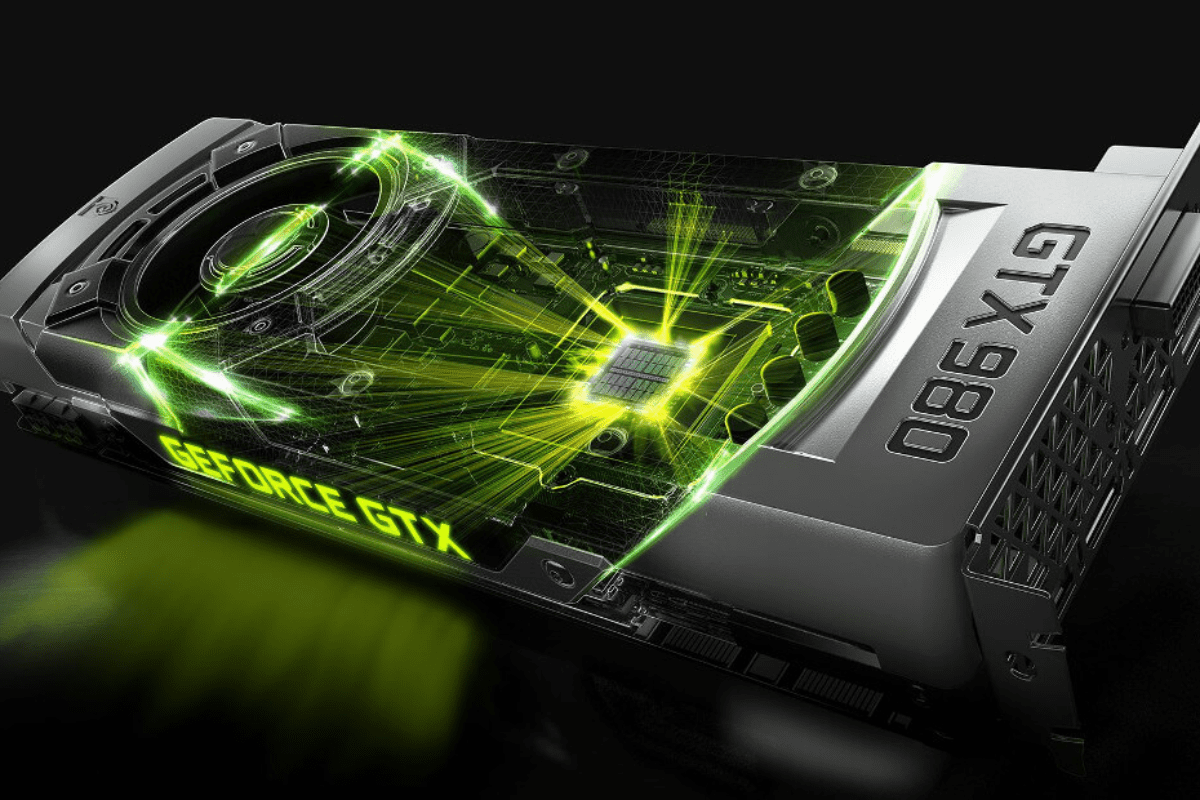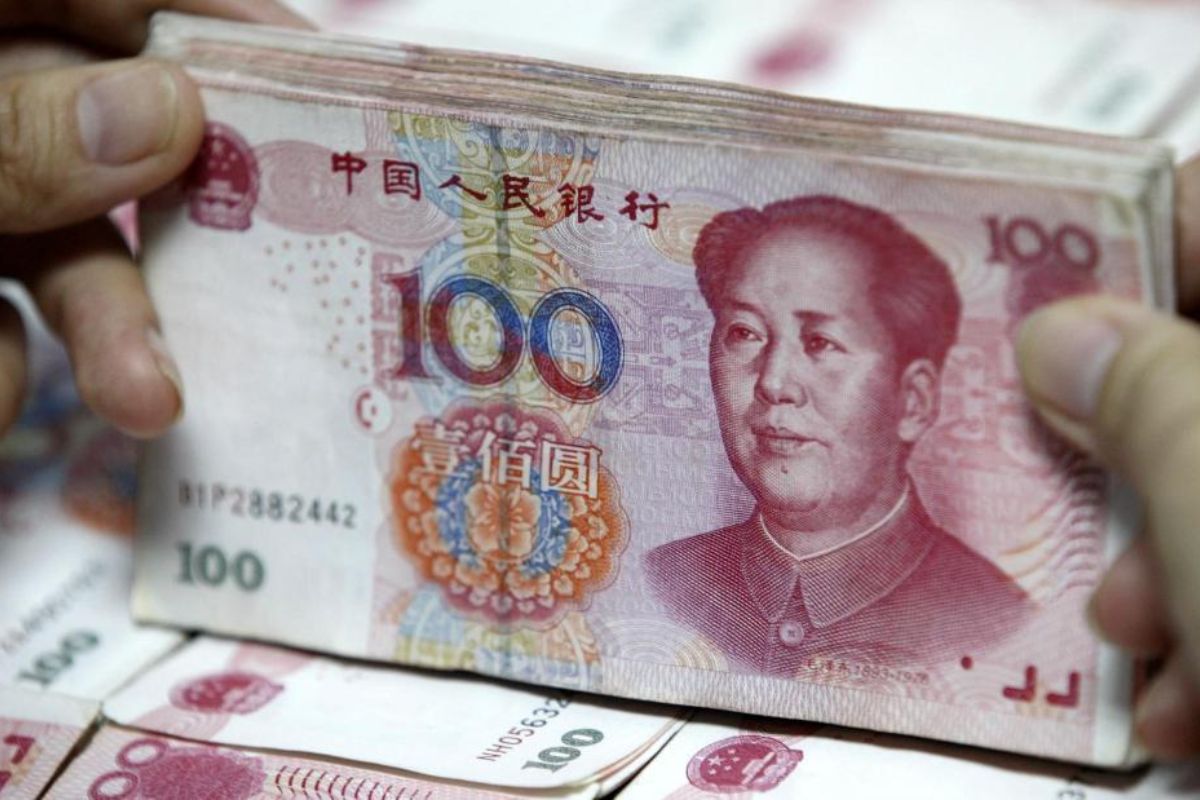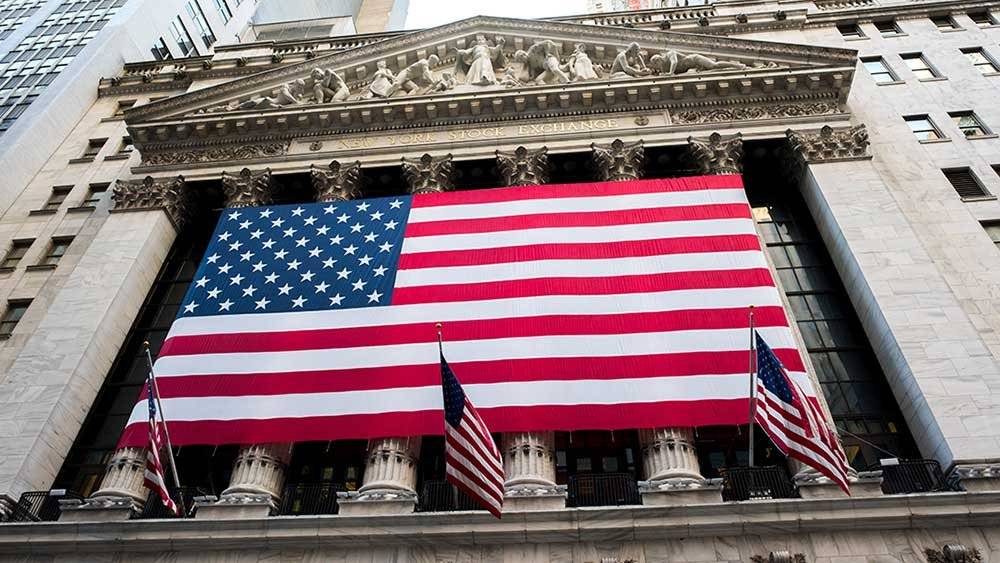Demand for Nvidia’s artificial intelligence chips prompted the company to become the most valuable publicly traded corporation in the United States on Tuesday, reigniting a tech boom similar to that of earlier this century.
The core of the AI boom Nvidia chips are critical components of powerful AI systems that have captured the public’s attention by producing meaningful text, visuals, and music with minimal input.
Cisco, a networking equipment maker, was the last big supplier of computer infrastructure to hold the title of most valuable American corporation in March 2000, during the dot-com boom.
Cisco was riding the tide of a different revolution—the internet—with its products driving that emerging industry. Cisco, like Nvidia, has eclipsed Microsoft to become the most valuable business.
Nvidia’s artificial intelligence chips prompted
According to John Chambers, who was CEO of Cisco during the dot-com boom, there are some parallels, but the dynamics of the AI revolution are distinct from those of earlier ones, such as the internet and cloud computing. Chambers, who is now a venture capitalist has placed significant bets on artificial intelligence in cybersecurity and other areas.
The implications in terms of the size of the market opportunity is that of the internet and cloud computing combined,” he stated. “The speed of development is different, the size of the market is different, the stage at which the most valuable company was reached is different.”
Nvidia, a 31-year-old company, became the world’s most valuable company on Tuesday. The stock finished at $135.58, giving the chipmaker a valuation of $3.335 trillion, barely over Microsoft’s $3.317 trillion.
Navida Ranked second largest company
It is the first time a firm other than Microsoft or Apple has held the title of largest company since February 2019, when Amazon.com briefly led the rankings. Nvidia was ranked fifth largest by market valuation a year ago, and tenth two years ago. Five years ago, it was not among the top twenty largest corporations.
The battle among tech behemoths such as Microsoft, Meta and Amazon to lead the way in AI development and reap the advantages has resulted in a chip-buying spree that has boosted Nvidia’s sales to new heights. The corporation made $26 billion in its most recent quarter more than tripling its earnings from the same period the previous year.
Nvidia’s stock was the top performer in the S&P 500 in 2023, and its value has more than tripled in the last year. The company’s valuation surpassed $3 trillion this month fewer than four months after it touched $2 trillion.
Nvidia divided its shares 10-for-1 this month in an effort to cut the price of each share and make it more accessible to investors.
Analysts applauded the astonishing gain, agreeing with Chief Executive Jensen Huang’s view that AI is the cornerstone of a new industrial revolution in which the firm is a vital provider. Huang claims that Nvidia is creating “AI factories” that process data and generate intelligence.
Nvidia will be the most important company to our civilization over the next decade as the world becomes more AI-driven, CFRA Research analyst Angelo Zino recently stated. He believes that Nvidia’s chips will be the most important invention of the century.
The voracious influx of money into AI has created concerns among investors, who are unsure whether the boom will continue indefinitely. According to a Sequoia Capital estimate from March, $50 billion has been invested in Nvidia processors since the boom began, while generative-AI businesses have only generated $3 billion in revenue.
That disparity, Sequoia partner Sonya Huang stated at the time, means “we’ve got some real problems to fix.”
On Monday, Capital Economics senior economist Neil Shearing said “enthusiasm around AI has all the hallmarks of an inflating bubble” and will likely help keep U.S. equities rising for the next year and half. However, he predicted that it will eventually burst, with the US market “destined for a period of significant underperformance” to follow.
Despite a slew of hurdles, including fierce competitors and authorities increasingly probing the company’s domination in the AI-chip industry, where experts estimate it has a share of more than 80%, Nvidia and its CEO, Huang, show little anxiety.
Huang visited Taiwan earlier this month, when he delivered a lecture and revealed fresh information regarding a future generation of AI chips expected to arrive in 2026.
With the stock’s ascent, he has assumed a level of celebrity normally reserved for pop singers and athletes, rather than 61-year-old IT executives. At the company’s annual conference in March, Huang gave his keynote speech from a platform at an 11,000-capacity arena; in Taiwan, he was spotted autographing a woman’s shirt.
According to Chambers, Huang was following a different strategy than Cisco but was dealing with some of the same difficulties. Nvidia has a significant market share, just like Cisco did with its products as the internet expanded, and is fighting off increasing competition.
Cisco, like Nvidia, benefited from investments made before the business was profitable.
“We were absolutely in the right spot at the right time, and we knew it, and we went for it,” said Chambers.

Daisy Morgan is a dedicated business journalist known for her insightful coverage of global economic trends and corporate developments. With a career rooted in a passion for understanding the intricacies of the business world, Daisy brings a unique perspective to her writing, combining in-depth research with a knack for uncovering compelling stories. Her articles offer readers a comprehensive view of market dynamics, entrepreneurship, and innovation, aiming to inform and inspire professionals and enthusiasts alike.







